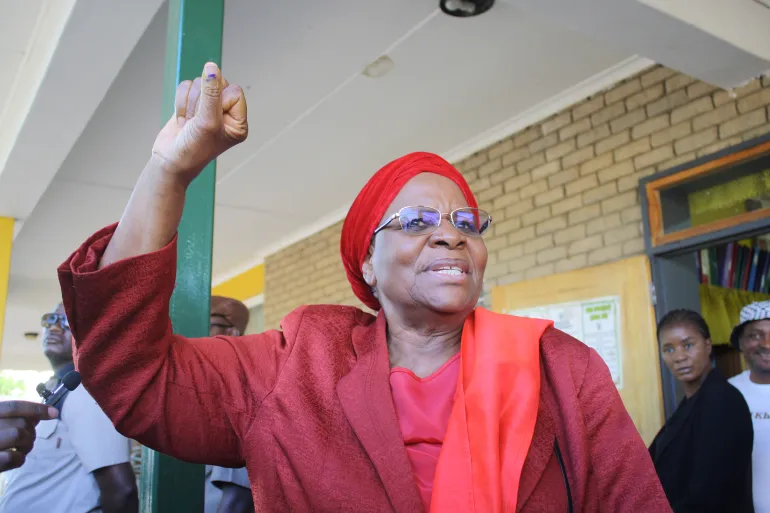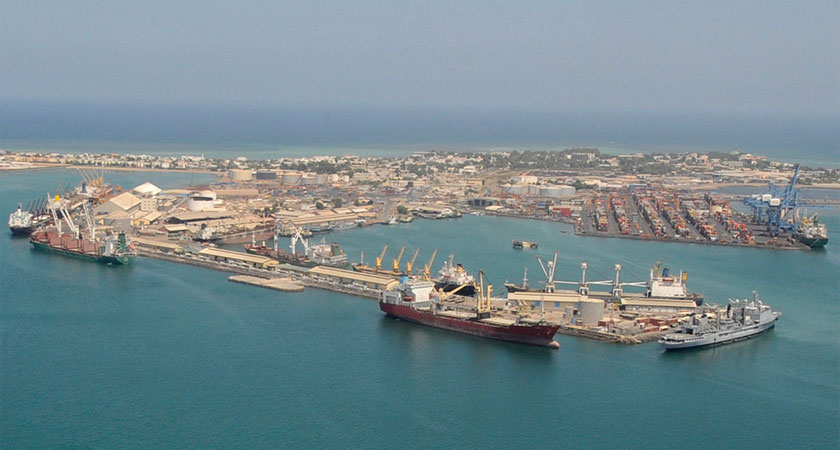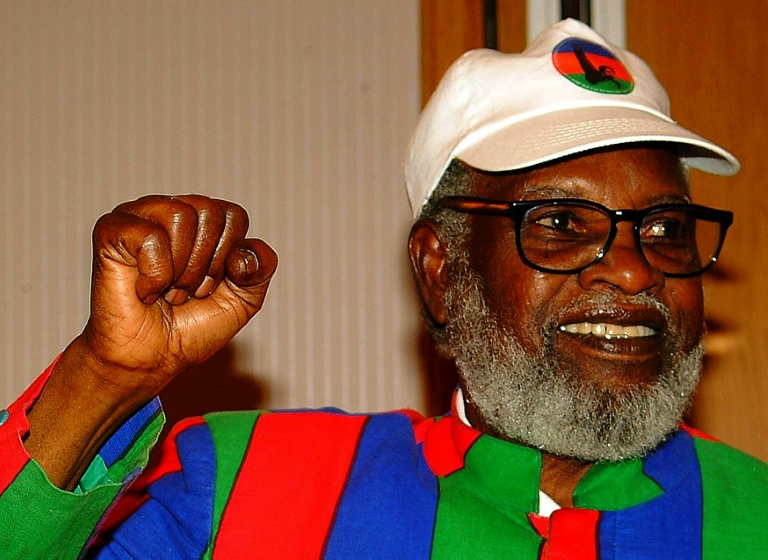A transformative moment in Namibian politics unfolded as Vice President Netumbo Nandi-Ndaitwah secured the presidency with 57 percent of the vote, becoming the nation’s first female leader. The ruling SWAPO party maintained its parliamentary majority, though by the narrowest margin in its 34-year governance, securing 51 seats in a close contest that reflects shifting political dynamics across southern Africa.
The 72-year-old president-elect brings significant experience to the role, having served in the independence movement of the 1970s and received education in the Soviet Union. Her victory arrives during a period of regional political transformation, as neighboring nations experience unprecedented changes in their traditional power structures. The electoral process, however, faced substantial challenges, with technical difficulties necessitating a three-day extension.
Opposition parties have contested the election’s legitimacy, citing constitutional concerns over the voting extension and various procedural irregularities. The Electoral Commission of Namibia defended its decision to extend voting, rejecting calls for a new election despite widespread criticism of polling station management and ballot paper shortages that left many citizens waiting extensively to cast their votes.
The election results mirror broader regional trends, where established liberation movements face mounting pressure from voters seeking economic change. Namibia confronts significant challenges, including high unemployment rates and economic hardship, particularly affecting its youth population. Nandi-Ndaitwah has responded to these concerns by emphasizing commitments to peace, stability, and youth empowerment, setting the stage for a potentially transformative presidency in this nation of three million.



